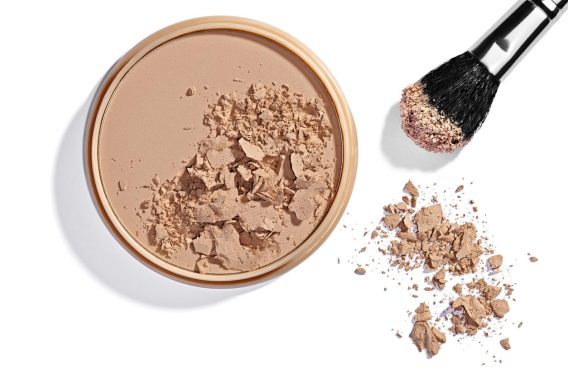Modernization of Cosmetics Regulation Act Brings Sweeping Changes
Editors carefully fact-check all Consumer Notice, LLC content for accuracy and quality.
Consumer Notice, LLC has a stringent fact-checking process. It starts with our strict sourcing guidelines.
We only gather information from credible sources. This includes peer-reviewed medical journals, reputable media outlets, government reports, court records and interviews with qualified experts.

Cosmetic industry regulations were first enacted during Franklin D. Roosevelt’s presidency, but a new wave of policies will make a profound impact on the industry by the end of 2023.
The Modernization of Cosmetics Regulation Act of 2022 will grant the U.S. Food & Drug Administration more regulatory power to protect consumers and require cosmetic companies to be more transparent.
“It’s been 84 years since the last time that our federal cosmetics law was updated, since the passage of the Food, Drug and Cosmetic Act in 1938,” Melanie Benesh, vice president of government affairs at the Environmental Working Group, told Consumer Notice. “Cosmetics have historically been the least-regulated consumer products.”
The regulatory changes, such as requiring talc products to undergo standardized testing for asbestos, will take effect in December, with a final ruling on the updates expected in mid-2024.
Talcum powder, a naturally occurring mineral, is found in many cosmetic products. It often is mined adjacent to asbestos deposits, which can contaminate the talc. Research has linked talc to types of cancer, including mesothelioma. Manufacturers such as Johnson & Johnson have faced talcum powder lawsuits.
Average American Uses 6 to 12 Cosmetics Daily
Many of the changes might come as a surprise to consumers, who may have thought these regulations were already in place.
“It’s just been the wild, wild west of regulation,” Benesh said. “Most consumers assume that someone is checking on these products, but no one really was.”
The Environmental Working Group, an advocacy organization in Washington, D.C., has long championed updating regulations for cosmetics and has conducted independent studies showing as recently as 2020 that asbestos contamination was found in talc-based cosmetics.
In a separate study this summer, the EWG found that “U.S. consumers are exposed every day, on average, to two ingredients linked to cancer and two linked to chemicals that can harm the reproductive and development systems.”
The group’s Skin Deep cosmetics database can assist consumers who want to know more about their personal care products.
Updates to MoCRA Allow FDA Oversight
For the first time, under MoCRA, the cosmetics industry will be required to:
- Ensure and maintain records supporting the safety and substantiation of cosmetic products. Data used to support the safety statistics must be derived from scientifically robust methods.
- List cosmetic products with the FDA and include a list of ingredients updated annually.
- Register their facilities with the FDA and renew registration every two years. The FDA will also have authority to suspend the registration if it finds the cosmetics made in those facilities could harm consumers.
- Report adverse events within 15 business days of receiving a report. The FDA will also have access to adverse event reports during an inspection. The process for submitting mandatory adverse events for cosmetics is being developed.
MoCRA also requires the industry to comply with FDA regulations for good manufacturing practices, fragrance allergen labeling and standardized testing methods for detecting and identifying asbestos in talc-containing cosmetic products. Among the changes to come, MoCRA will give new authority to the FDA to:
- Access records when certain conditions are met. The FDA can access and copy certain information related to a cosmetic product, including safety records.
- Issue a mandatory recall if the agency determines the cosmetic is adulterated or misbranded, or if using the cosmetic will cause serious adverse health consequences or even death.
“This will give the consumer more information, the FDA more information and put the FDA in a better position to ensure these products are safe,” Benesh said.